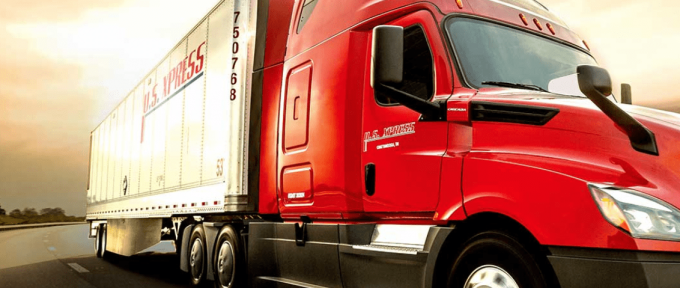US shippers slam USTR port fee plan – 'an apocalypse for trade'
The Trump administration’s plan to revive US shipbuilding by levying hefty fees on China-built or ...

The grass is not always greener on the other side, apparently; truckload and transport provider US Xpress has turned its back on the cross-border trucking business with Mexico.
The company, which conducts more than 200 daily border crossings through Laredo, is selling its 95% stake in Mexico-based Xpress Internacional.
The sale, to an unidentified buyer, will bring in $4.5m, with a further $8.5m to be paid over the next eight-and-a-half years.
US Xpress is also selling its trucking terminal in Laredo, along with ...
'Disastrous' DSV-Schenker merger would 'disrupt European haulage market'
New senior management for DSV as it readies for DB Schenker takeover
Volumes set to 'fall off a cliff' as US firms hit the brakes on sourcing and bookings
Asian exporters scramble for ships and boxes to beat 90-day tariff pause
Amazon pushes into LTL for small package fulfilment and UPS does a u-turn
Temporary tariff relief brings on early transpacific peak season
Pre-tariff rush of goods from US to China sees air rates soar, but not for long
Forwarders 'allowing the fox into the chicken run' by supporting 'hungry' carriers

Comment on this article